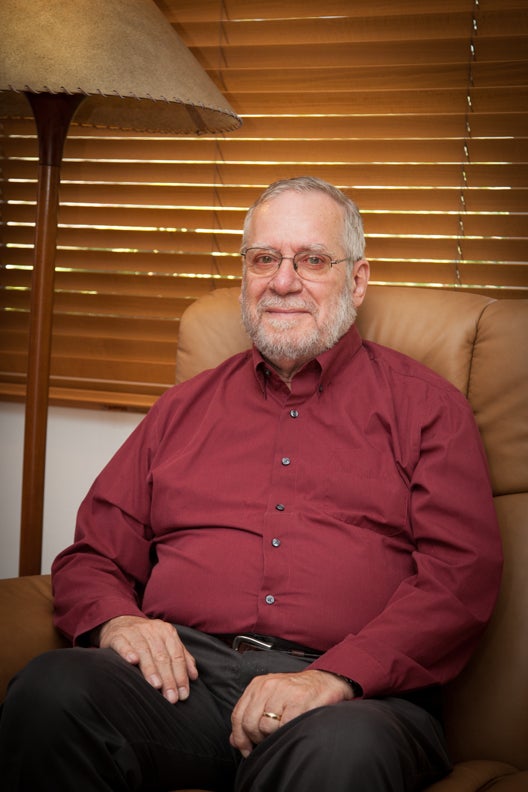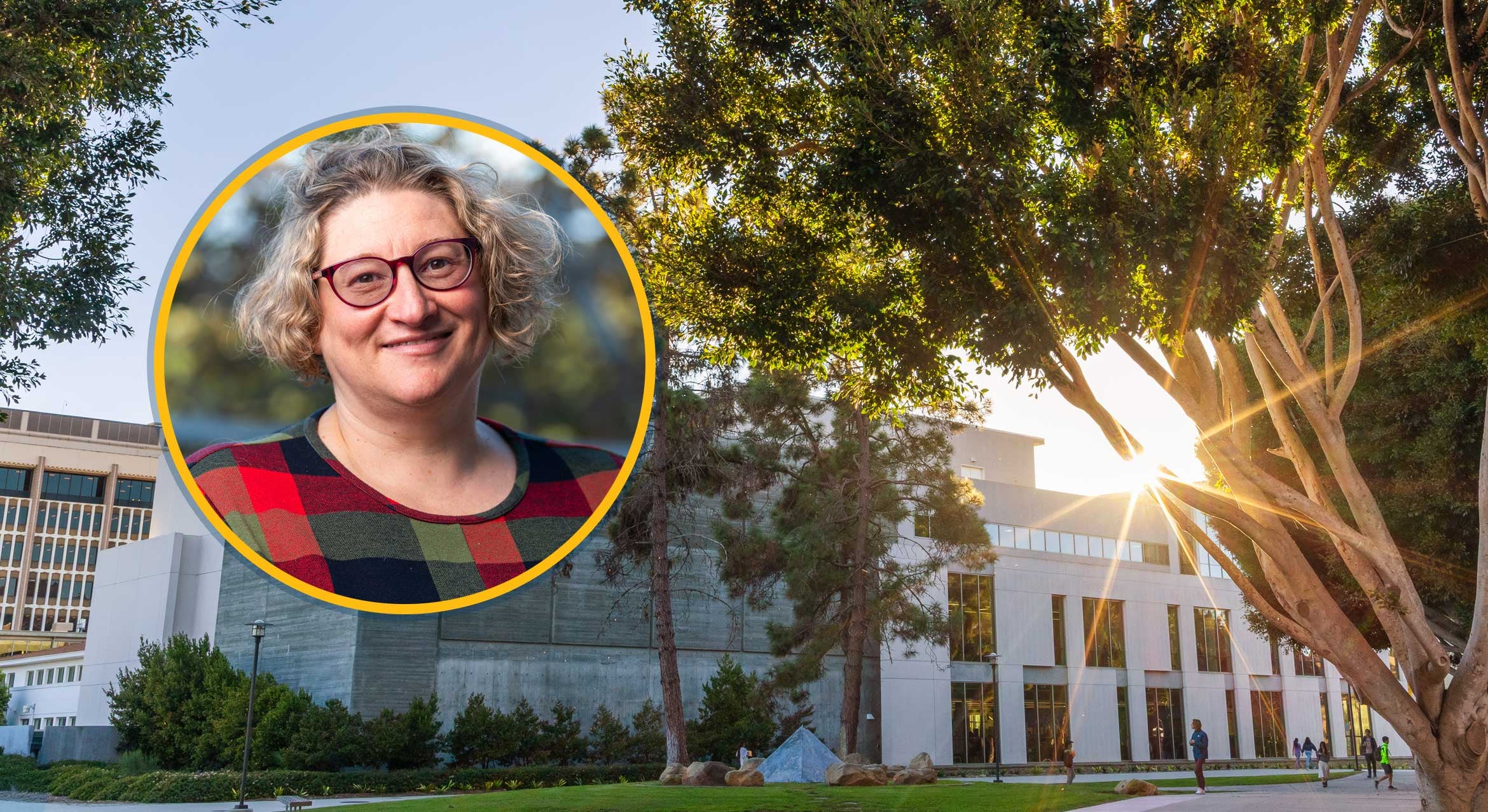
The Play’s the Thing

With some 1,400 entries by 100 contributors, the new theater encyclopedia edited by UC Santa Barbara’s Simon Williams is a weighty tome. It also is an important addition to the history of acting in a field where much of the academic focus is on playwrights, not the players who have brought their words to life on the stage since before the great age of Greek drama more than 2,000 years ago.
“The Cambridge Encyclopedia of Stage Actors and Acting” (Cambridge University Press, 2015) is a labor of love that has its roots in an idea Williams had 35 years ago. The professor in UCSB’s Department of Theater and Dance spent the past seven bringing it to fruition, first seeking out contributors and assigning entries, then editing and wrangling the massive effort into a 674-page volume.
“The way this is different from others is it’s the first encyclopedia of stage actors,” Williams said. He added that because there is a fair amount of crossover from stage to film and back again, quite a few film actors are also included. Think Marlon Brando, who, though best known for his film work, first came to stardom on Broadway in 1947 in Tennessee Williams’ “A Streetcar Named Desire.”
More than 1,000 biographical entries are included in the encyclopedia, but only about 100 highlight Americans, with perhaps another 100 focusing on English actors and 500 on other Europeans. In addition to covering a broad swath of more than 2,000 years of history, the encyclopedia includes actors who performed — and, in some cases, continue to perform — around the globe, including Asia, the Middle East and Latin America.
Among the compelling life stories, for example, is that of Afife Jale, the first Turkish Muslim woman to appear on stage. Born in 1902, Jale performed in a play in Istanbul in 1920 at a time when acting was taboo for Muslim women. A week into the run, the theater was raided by police. A year later, Turkish women were legally banned from acting, costing Jale her job. During the years that followed, according to her brief biography, she took medication for migraines and became addicted to morphine. She spent her final days in a mental institution, where she died in 1941, not yet 40 years old.
Other entries feature actors who have gone on to prominence in other fields, including Glenda Jackson, once a member of the Royal Shakespeare Company, later a two-time Academy Award winner, and now a member of the British Parliament. Another highlights a young Polish actor who, based in Rome, later rose to global fame: Pope John Paul II.
Williams took on for himself the daunting task of writing the entry for William Shakespeare, a bit actor who also penned some well known plays. “As an actor, he played secondary roles, such as the ghost in ‘Hamlet,’ and older, middle-aged roles,” Williams said.
The encyclopedia is meant to be a theater reference in libraries and on the shelves of academics, and will likely find its place as a valued thumb-through resource for one other group. “The ones who should be interested are theatergoers,” Williams said.



